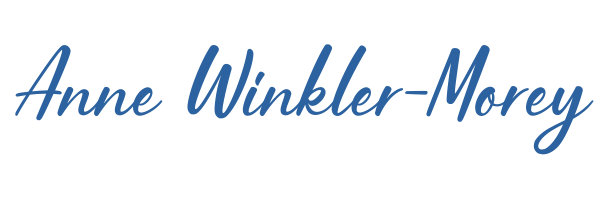
I am preparing to be interviewed by the Intrepid Traveler. That caused me to consider, what kind of traveler am I? I am not intrepid. I travel loaded with fears and cautions. I think I am an aspiring Intersectional Feminist Traveler.
What does it mean to be an Intersectional Feminist Traveler?
It means I think about the use of spaces. I think about resources, access, and sustainability. I try not to accept status quo inequalities as natural. I question what is, envision a new world order, and find ways to share that vision. When I enter a new place, I think about:
Housing, Education, Healthcare, Water, Environmental Justice.
Who owns the land here? Who rents? Who is homeless? Who has access to quality education and health care? Who has access to clean water, soil, air, quiet places, green spaces? Are there proverbial tracks in this community dividing the haves and have nots? Why?
Economy
What are the natural and human resources of the place you are traveling? Is this a one-product economy or is it a diverse-mixed economy? What was it historically and how has it evolved? Is the economy sustainable or is it based on a non-renewal resource? Is it based on production that enhances human life or those enterprises that are not life giving? Who works? Who profits?
Commons
What resources are held in common? Are the commons built to fill the needs of the community or to attract tourist dollars? Are the commons accessible to people without financial resources? People with disabilities? Do women feel safe there? Do parents and children and old people have access to these public spaces? Do Black, Indigenous, Latina/o/x people and Asian American people face barriers to these places? Are there people who are over-policed and underserved there? Are LGBTQ people free to be who they are there?
History, Representation and Reparations
What kinds of public history resources are there? What stories are told and which go untold? Who stands on monuments and who is left out? Who had land and/or labor stolen here? What is being done to repair these injustices?
Rights of the Unborn
Is this a community that is securing its resources for the seventh generation, engaging in practices that will ensure equity and life for all its children’s children?
Rights of the Newcomer and the Traveler
Is this a community that welcomes the immigrant and the refugee, the newcomer who is of a different race or faith, those speak different languages and engage in different customs? Is this a place open to the traveler, not hoarding resources that should be reserved for its people to secure tourist dollars for corporations, but sharing what they have with the stranger in an equal exchange.
Did I, the intersectional feminist traveler, take up the space I deserve as a human being? Did I notice and seek ways to broaden access when others were not afforded the space I was? Did I share my resources and knowledge? Did I ask questions? Was I curious? Did I aim for an interchange where both I and the people and places I encountered were enriched?
Are you an Intersectional Feminist traveler! Send postcards! Email: awmpedalstory@gmail.com
Anne Winker-Morey is the author of Allegiance to Winds and Waters: Bicycling the Political Divides of the United States. Order your copy from the author at annewinklermorey.com
